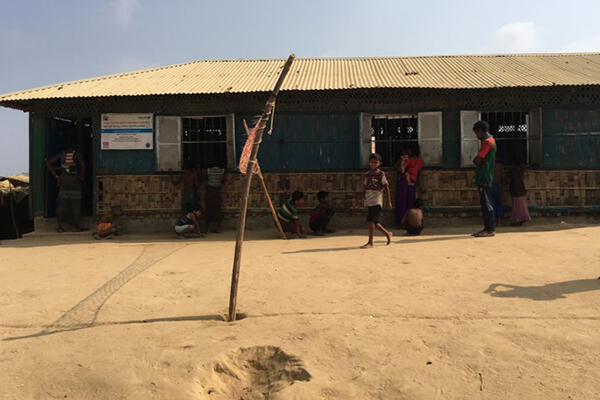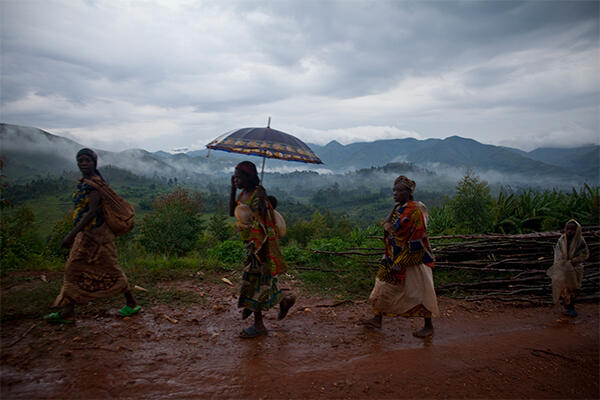Phuong Pham, Tadesse Simie Metekia, Negussie Deyessa, Abdulkadir Mah, Luciana Vosniak, and Patrick Vinck. 11/2023.
Ethiopia Peace & Justice Survey 2023.
Abstract
Ethiopia has a long history of human rights violations and conflicts that have deeply affected the nation. Most recently, the period from 2020 to 2022 saw intense conflict in the Tigray, Amhara and Afar regions with considerable loss of life and allegations of serious violations by all parties to the conflict.
The November 2022 Pretoria Agreement on cessation of hostilities and the subsequent Nairobi Agreement created opportunities to address historical grievances and confront gross rights violations, including the adoption of a comprehensive transitional justice process. However, violence continues in regions like Benishangul-Gumuz, Gambella, Sidama and Oromia due to protracted intercommunal conflicts. Climate change and droughts have exacerbated food insecurity, while armed conflict persists in Oromia, where peace talks have not progressed so far, and violence has erupted in Amhara.
Before the Tigray conflict, Prime Minister Abiy Ahmed introduced transitional justice initiatives to distance Ethiopia from the abuses of previous regimes. This
included the establishment of the 2018 Ethiopian Reconciliation Commission pursuant to a newly enacted Reconciliation Law and acknowledgment of the pre-2018 regime's violence against the Ethiopian people. Institutions like the Attorney General's Office have initiated procedures to hold past perpetrators
accountable for corruption and other forms of abuses committed before and during the 2018 transition. Amidst the Tigray war, Ethiopia continued transitional
justice efforts. The government shut down the Reconciliation Commission and established the National Dialogue Commission, adding a dialogue process parallel to the transitional justice process. The government also established the Transitional Justice Working Group of Experts (TJWGE), which released a
Green Paper on policy options after the 2023 Cessation of Hostilities Agreement. The TJWGE has undertaken national consultations ahead of drafting a national
transitional justice policy for Ethiopia.
Peace processes often neglect affected communities' perspectives, despite their crucial role in sustaining peace and preventing atrocities. The TJWGE consultations, while important, might not have fully captured the population's diverse views across all regions. To complement this process, the Harvard
Humanitarian Initiative (HHI) in collaboration with the Partnership for Pastoralist Development Association (PAPDA) and local universities, and with support from
the Global Initiative for Justice, Truth and Reconciliation (GIJTR), and the International Coalition of Sites of Conscience (ICSC), implemented a rigorous,
representative, and methodologically robust consultation to gain a deeper understanding of the population's perceptions about peace and justice. This
comprehensive mixed-method research gathered data from diverse communities across all regions of Ethiopia, including a survey of 6,689 randomly selected adult Ethiopians. Its results are presented in this report.



